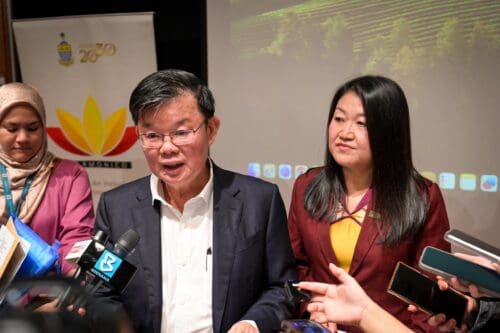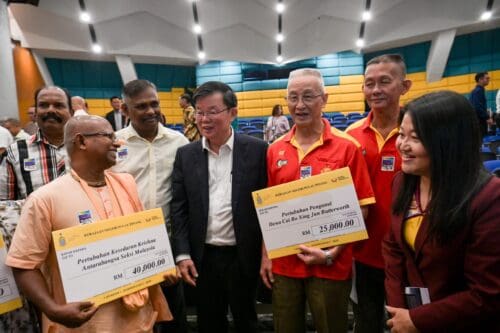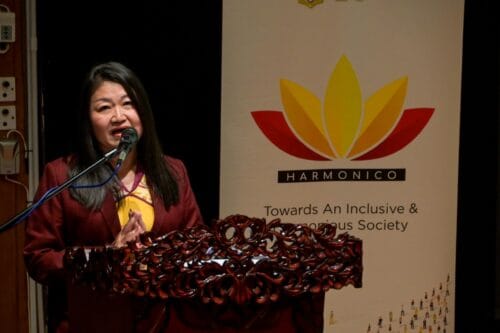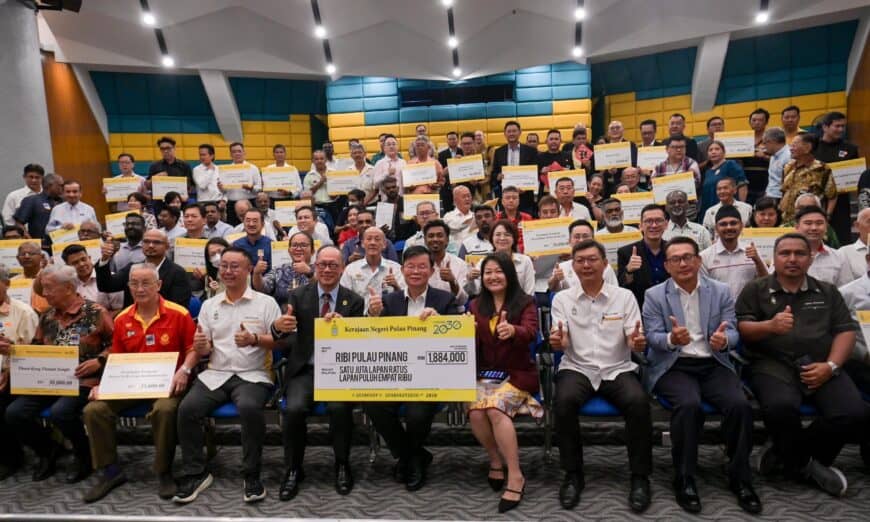THE Penang government has allocated RM1.884 million to 54 non-Muslim houses of worship under the Non-Islamic Houses of Worship (RIBI) Special Fund for 2025.
This announcement was made by Chief Minister Chow Kon Yeow after a cheque presentation ceremony at Komtar today.

“This meaningful occasion is a testament to the state government’s unwavering commitment to governing fairly and equitably for all citizens.
“This financial aid ensures non-Muslim houses of worship can operate more effectively and sustainably,” Chow said.
The allocation, broken down by religion, includes RM880,000 for 26 Taoist establishments, RM150,000 for four Buddhist temples, RM350,000 for 10 Hindu temples, RM224,000 for seven Christian churches, and RM280,000 for seven other places of worship.
Since the fund’s inception in 2016, the RIBI Committee has approved 333 applications, amounting to over RM13.6 million in total disbursements.
Chow reiterated the government’s commitment to supporting the welfare of all Penangites, emphasising this as part of the state’s Unity Manifesto (Manifesto Perpaduan), which pledges RM10 million for RIBI needs until 2028.

“I hope this allocation will be used effectively to benefit the community and support activities that contribute to harmony and well-being,” he said.
Penang Social Development, Welfare and Non-Islamic Religious Affairs Committee chairman Lim Siew Khim said the Penang government established the RIBI Special Fund Committee in 2016 under the supervision of the state Town and Country Planning Department (JPBD).

“Recently, the Penang Harmony Corporation (Harmonico) has also been appointed as a co-secretariat to shoulder this responsibility.
“This initiative operates through two funding accounts: the Non-Islamic Houses of Worship Trust Fund (TARIBI) and the Non-Islamic Affairs Allocation Account, both managed under the Penang Chief Minister’s Office.
“The RIBI Special Fund Committee carries the significant responsibility of ensuring that financial aid is thoroughly reviewed, approved, and distributed in compliance with financial regulations.
“This process is guided by the principles of prioritisation and fairness to ensure equitable support for all beneficiaries,” Lim said.
Story by Christopher Tan
Pix by Noor Siti Nabilah Noorazis
Video by Law Suun Ting

